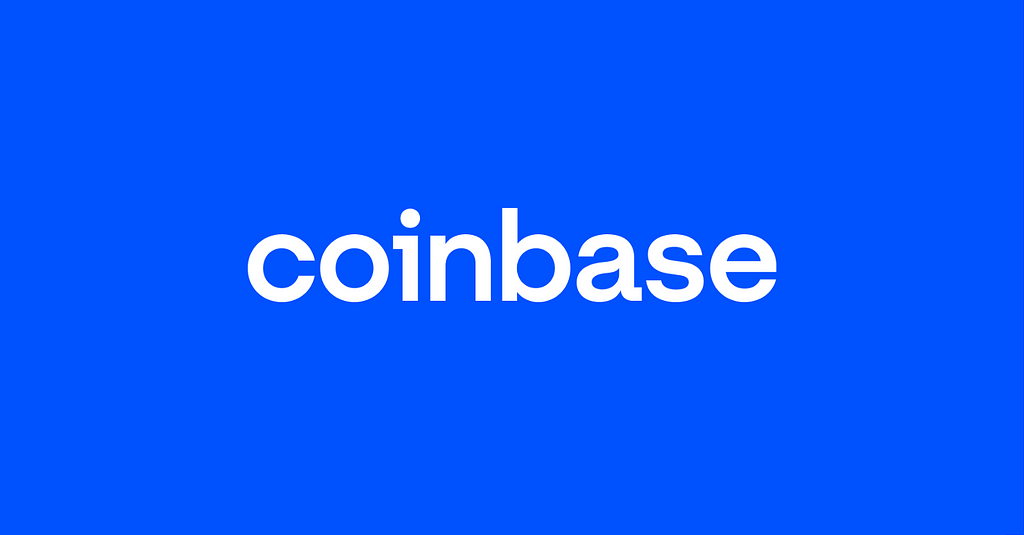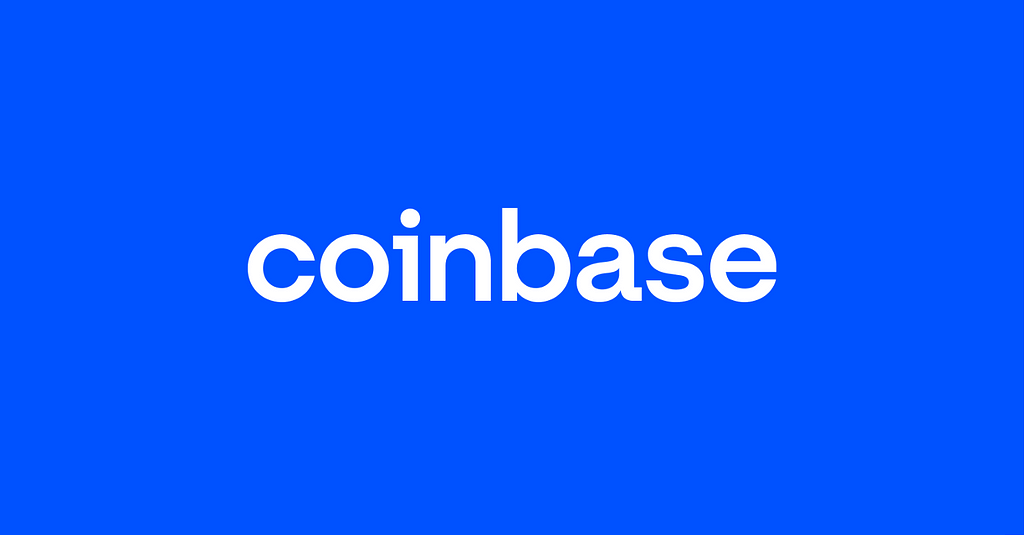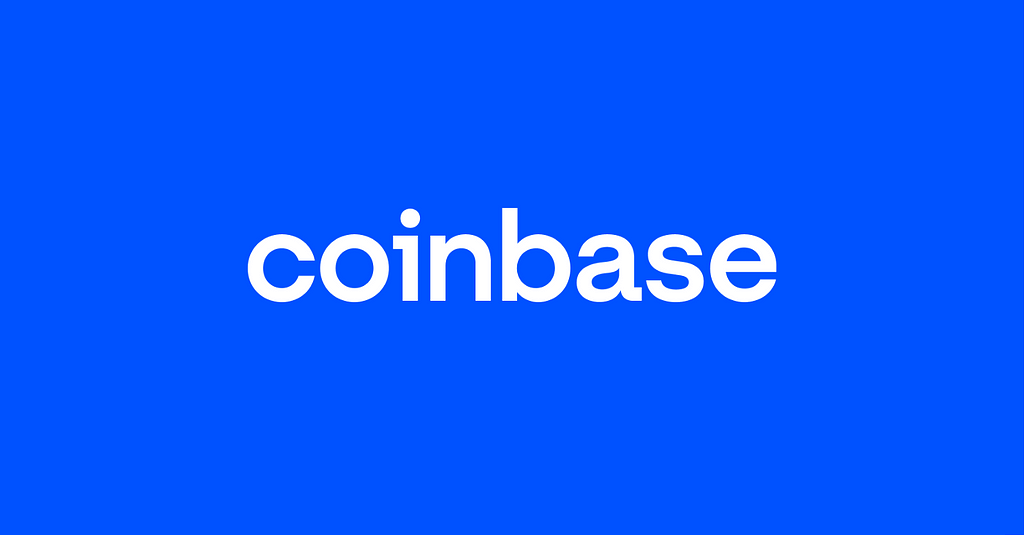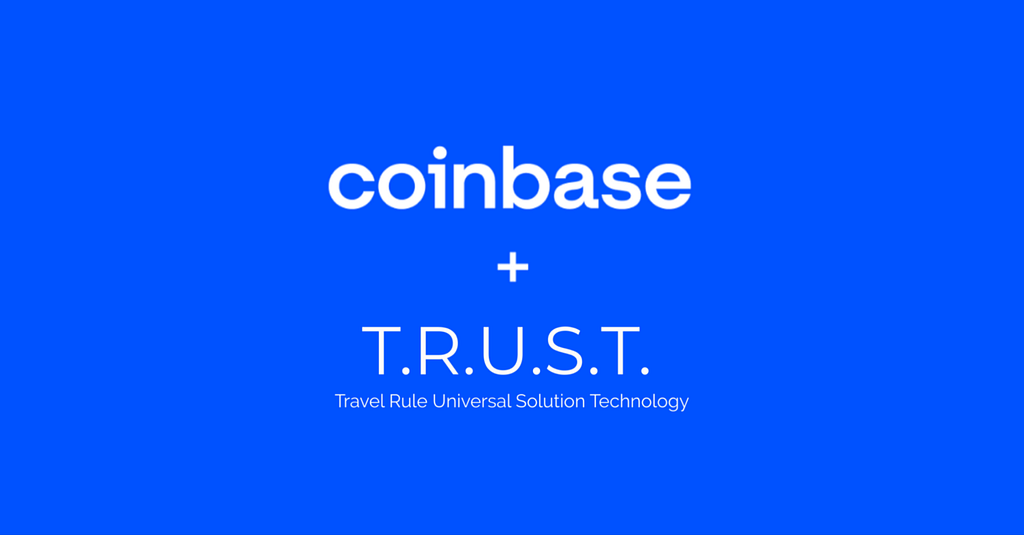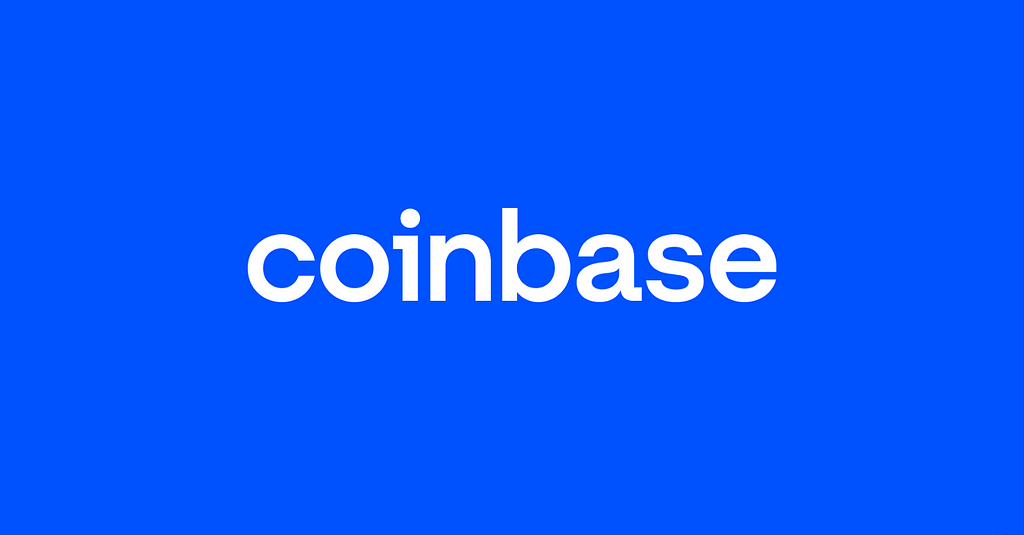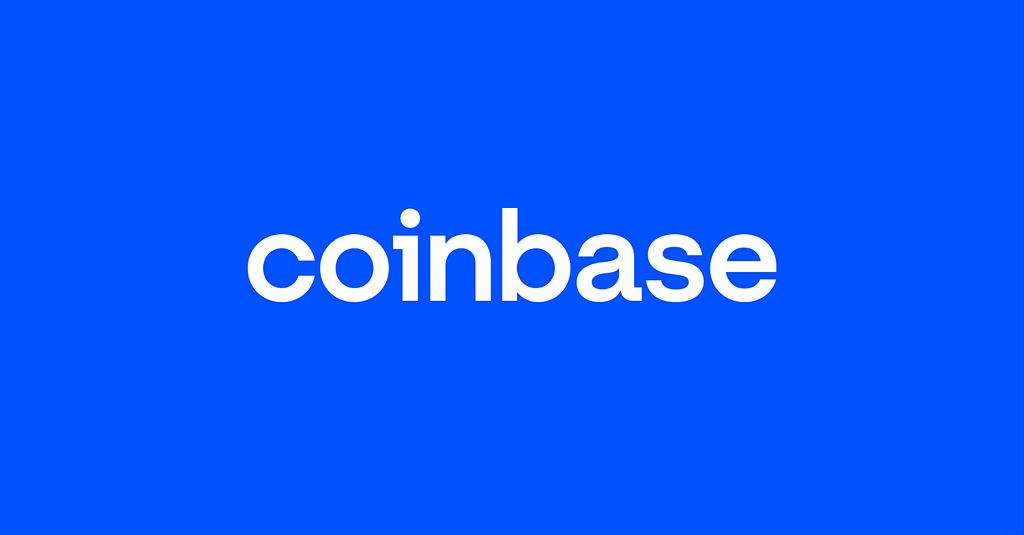Tl;Dr: Coinbase becomes the first major global crypto exchange to successfully register with the Dutch Central Bank (De Nederlandsche Bank — DNB), allowing us to offer our crypto products and services to the Dutch market.

By Nana Murugesan, Vice President, International and Business Development
Hoi, Nederland!
We are excited to announce that Coinbase has successfully registered with the Dutch Central Bank (De Nederlandsche Bank — DNB) as a crypto service provider. This registration will allow Coinbase to offer our full suite of retail, institutional, and ecosystem products to customers in the Netherlands. We are proud to be the first major global crypto exchange to receive DNB registration approval — a significant milestone in Coinbase’s continued international expansion.
Coinbase views regulation of the industry as an “enabler” for crypto’s growth, setting clear ground rules that will create an environment which encourages innovation and strengthens trust in the sector from both the public and policymakers.
“As part of Coinbase’s ambition to be the world’s most trusted and secure crypto platform, we have taken strides to work collaboratively with government, policymakers and regulators to shape the future in a responsible way. Coinbase prides itself on being a compliance-led business. The Netherlands is a critical international market for crypto, and I am really excited for Coinbase to bring the potential of the crypto economy to the market here,” said Nana Murugesan, Vice President, International and Business Development at Coinbase.
Coinbase serves customers across almost 40 European countries through dedicated hubs in Ireland, the UK, and Germany. Additional registrations or license applications are in progress in several major markets, in compliance with local regulations.
— — — — — — — — — — — -
Coinbase Europe Limited and Coinbase Custody International Ltd are listed in DNB’s public register as a crypto service provider. DNB supervises Coinbase Europe Limited and Coinbase Custody International Ltd in compliance with the Anti-Money Laundering and Anti-Terrorist Financing Act (Wet ter voorkoming van witwassen en financiering van terrorisme — Wwft) and the Sanctions Act (Sanctiewet 1977 — Sw). The crypto services of Coinbase are not subject to prudential supervision by DNB or conduct supervision by the AFM. This means that financial operational risks in respect of the crypto services are not monitored and there is no specific financial consumer protection.
Coinbase gains regulatory approval in the Netherlands 🇳🇱 was originally published in The Coinbase Blog on Medium, where people are continuing the conversation by highlighting and responding to this story.



